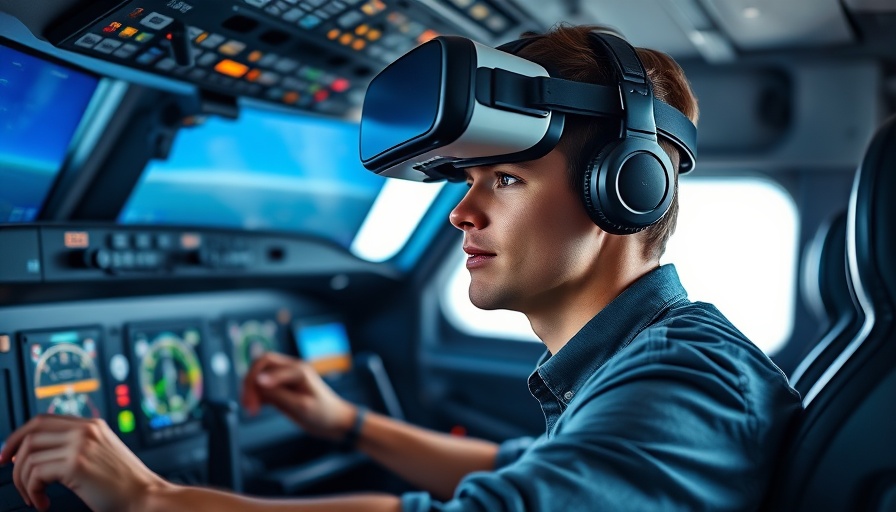
Deepfakes: A Growing Challenge in the Digital Age
Today, images and videos can be easily manipulated to convey false narratives, making deepfakes a significant concern. From celebrity scandals to political misinformation, these digital forgeries can have severe implications on public trust and safety.
Algorithmic Bias and Its Consequences
As deepfakes become increasingly sophisticated, algorithms designed to detect them must rise to the challenge. Research shows that many deepfake detection tools can inadvertently favor certain demographics, resulting in a disproportionate effect on underrepresented groups. This bias in technology raises important questions about equity in artificial intelligence.
Innovations in Detection: A Dual Approach
Researchers at the University at Buffalo are tackling the bias issue head-on. Their innovative methods leverage a comprehensive dataset labeled by demographic factors like gender and race. By doing so, they aim to enhance detection accuracy while ensuring that all demographic groups are represented fairly. This focused approach has shown promising results, increasing accuracy rates from 91.5% to an impressive 94.17%.
Future Implications of Fair Deepfake Detection
The evolution of deepfake detection algorithms paves the way for a safer AI landscape. By prioritizing fairness alongside accuracy, we can hope to restore public trust in technology. As AI systems play increasingly pivotal roles in our society, addressing biases in their training data will be essential for their acceptance and effectiveness.
Embracing Fairness in Technology
The call for equitable AI solutions echoes across various sectors, highlighting the necessity of incorporating demographic fairness in algorithm design. Recognizing the implications of biased technology will not only help guide future developments but will also contribute to a more inclusive digital world.
 Add Row
Add Row  Add Element
Add Element 


 Add Row
Add Row  Add
Add 

Write A Comment